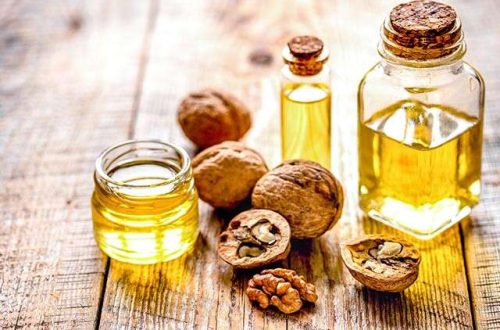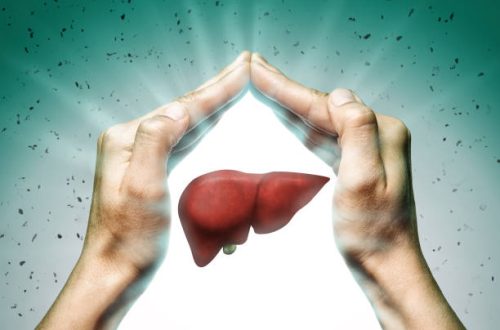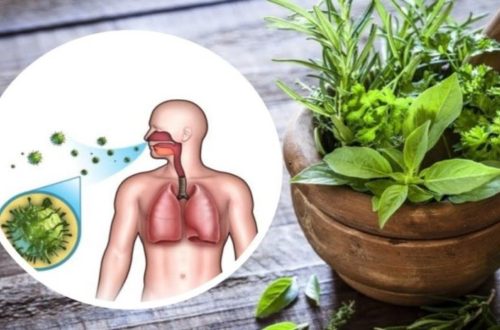Rhubarb helps with weight loss, improves digestion, prevents Alzheimer’s disease, stimulates bone growth, prevents neuronal damage, enhances skin health, prevents cancer, optimizes metabolism, improves circulation, and protects against certain cardiovascular conditions.
In America, it is considered a fruit and is used as such in culinary practices. The stalks are the only edible parts, as the leaves are extremely high in oxalic acid, which can cause serious illnesses in humans. If the plant is exposed to extreme temperatures, the dangerous acid can migrate to the stalk, so make sure to keep it in a temperate space, similar to the climate in which it normally grows.
Rhubarb first appeared in Britain about 400 years ago and has become highly valued for its unique aroma and sweet taste. Despite its taste, rhubarb is an incredibly healthy vegetable-fruit that provides a significant boost to human health.
It has an amazing nutritional value, containing minerals, vitamins, organic compounds, and other nutrients that make it ideal for maintaining body health. Some of these precious components include dietary fiber, proteins, vitamins C, K, B, calcium, potassium, manganese, and magnesium. Regarding organic compounds, rhubarb is a rich source of polyphenolic flavonoids, such as beta-carotene, lutein, and zeaxanthin.
Rhubarb is one of the lowest-calorie vegetables on the market and is often recommended for people struggling to lose weight.
It is extremely low in fat and cholesterol, potentially increasing levels of good cholesterol with the help of dietary fiber. Moreover, antioxidants ensure that free radicals do not cause heart disease and a wide range of other health conditions.
The digestive system plays an important role in our overall health, so it is essential to maintain a healthy and regulated digestive system. The high amount of fiber found in rhubarb can guarantee a healthy digestive system.
Vitamin K is the most prominent and plays a very important role in brain and neuronal health. It can prevent the oxidation of brain cells and stimulate cognitive activity, thus helping to delay or even prevent Alzheimer’s disease.
Along with its role in protecting the brain from neuronal degeneration, vitamin K stimulates the growth and repair of bones. In combination with the rich amount of calcium and other minerals, it plays an important role in bone protection.
Antioxidants have been widely studied in recent years due to their ability to neutralize free radicals, protecting the body from the death of healthy cells, often leading to cancer or other chronic diseases. Rhubarb is a good source of beta-carotene and other polyphenolic compounds such as lutein and zeaxanthin, which act similarly to vitamin A, protecting the skin and eyes. A decent amount of antioxidants can help avoid premature aging, cataracts, macular degeneration, and wrinkles. Furthermore, these polyphenolic compounds have been linked to the prevention of oral and lung cancers.
The amounts of copper and iron found in rhubarb are sufficient to stimulate the production of new red blood cells, increasing the oxygenation of essential body surfaces, thus improving their function and stimulating metabolism.
Caution! Due to the strong nature of rhubarb, you should avoid it if you have a kidney condition or certain gastrointestinal issues. Also, be careful that pets or children do not eat its leaves. There have been cases of death due to the toxic level of oxalic acid contained in the leaves.





